 Vampire Weekend's Surprising Jewish Stories
Vampire Weekend's Surprising Jewish Stories
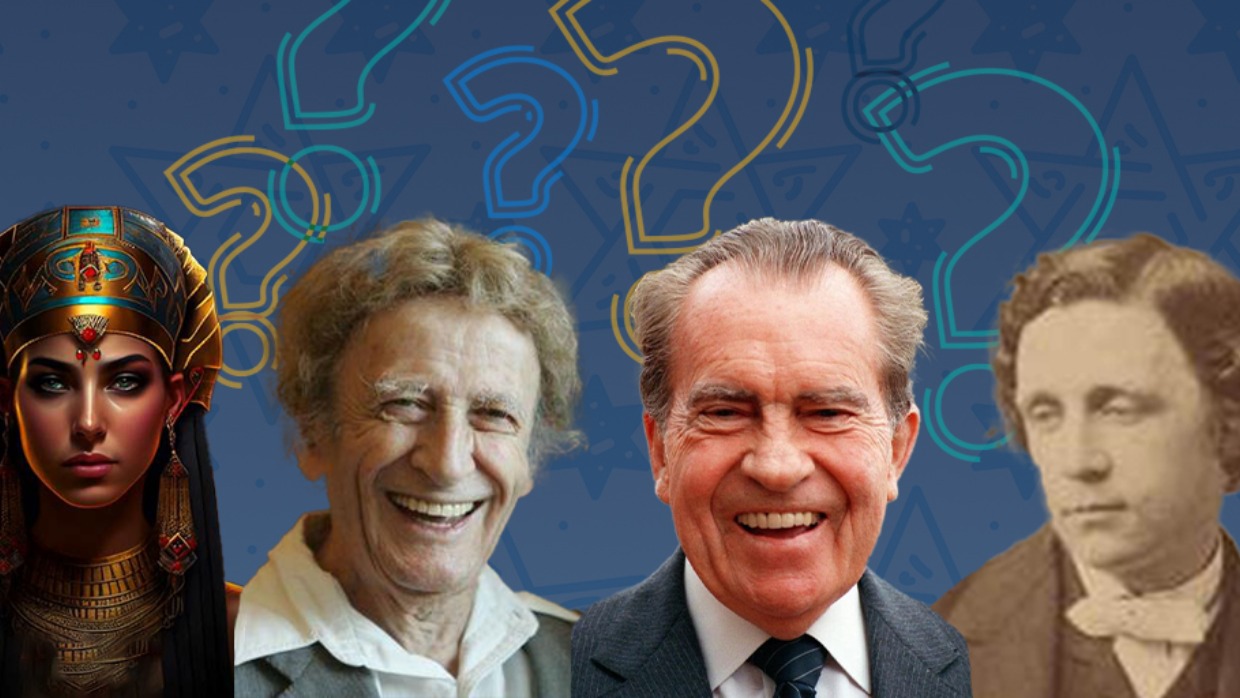

7 min read
Brush up on your Jewish history. Which of these historical figures were good for the Jews?

As the last Ptolemaic ruler of Egypt, Cleopatra influenced Rome both politically and romantically as she had affairs with both Caesar and Mark Anthony. Given the breadth of Rome’s rule, her actions also greatly affected ancient Israel. But was it for good or for bad?
Answer: Good
Jewish historian and leader, Josephus, portrayed the Egyptian queen as power hungry, immoral, and wicked. But if we dig a little deeper, we find a far more complex relationship between Cleopatra and the Jews. As the ruler of Egypt, she had Jewish citizens of the country as supporters, defending her line of succession and even went to battle for her during the Alexandrian War.
Her relationship with King Herod is where things get a little tricky. Though not a Jew, Herod found himself placed as King of Judea by the Roman Empire. He was a complicated figure who probably wasn’t great for the Jews himself, but that’s not for now. The point is it wasn't long before he was at odds with Cleopatra and was forced to hand over large areas of Israel to appease her and had to pay exorbitant rates to rent them back.
However, despite the political and regal upheaval the Jewish people of the time had to endure, the Jews of Egypt lived in a sort of golden age in the time after her rule. Historian Stacy Schiff, credits the queen with stabilizing the Jewish community of Egypt leading to an era that was “secure, open, and free.”

Aka “Bip the Clown," Marcel Marceau was a world famous French mime and actor who performed for over 60 years. Born to a Jewish family, you’d hope his fame was used for good. Was it?
Answer: Good!
When the Nazis invaded France, Marcel was 16. He changed his last name from Mangel to Marcel to hide his Jewish identity in the French resistance. It wasn’t long before he disguised himself as a boy scout and led Jewish children out of orphanages on a journey to freedom through the Alps. His charming and hilarious pantomime skills entertained the children as they escaped certain doom. Marcel Marceau did this several times, smuggling hundreds of children to safety in Switzerland.
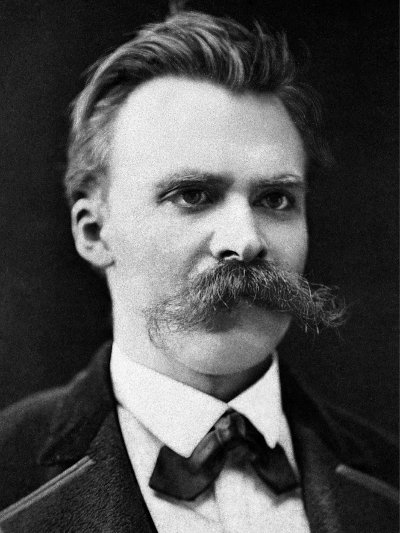
The German philosopher Friedrich Wilhelm Nietzsche is credited with the famous quote “God is dead” (though the quote was actually, “God remains dead. And we have killed him.”) His writings were built on the idea that in a world of science and Enlightenment, the faith-based institutions had become unsustainable. Would his nihilistic influence embolden the Jews or pull them down?
Answer: Bad
Though his philosophy of nihilism and atheism was counter to Jewish thought, Nietzsche decried antisemitism frequently. Such an example can be found in his book, Human, All-Too-Human, where he condemned all schemes to make Jews scapegoats.
Unfortunately, the work of an individual can take on a whole new meaning once the author has died. Such is the case of Nietzsche. His concept of the ubermensch (the prototypical superman) originated in his book Thus Spake Zarathustra, which not only became the model of Aryan superiority, but also the model for the Third Reich’s racial philosophy as a whole.
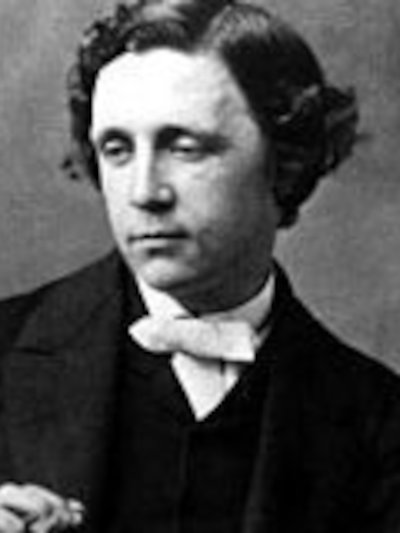
Carroll (Aka Charles Lutwidge Dodgson) was an author, mathematician, and teacher. But he was best known for the whimsical classic Alice’s Adventures in Wonderland. He was heavily influenced by the Anglican church, so it may not surprise you to hear that he made some questionable comments about the Jews. But were these just satirical comments which Carroll was known for, or something more sinister?
Answer: Bad
The Alice in Wonderland author played on negative stereotypes and made disparaging comments about the Jews quite frequently. Take for example in his novel Sylvie and Bruno where a character refers to the Jews of the Bible as “utter children.”
Unfortunately, Carroll’s sentiments found their way into other forums. A diary comment about a children’s production of The Pirates of Penzance referred to one of the actresses as surprisingly good despite the fact that, “she looks Jewish.” But the most telling of statements can be found in a children’s textbook authored by Carroll: Symbolic Logic, Part I. In it he poses a syllogistic logic problem reading:
No Jews are honest;
Some Gentiles are rich.
Some rich people are dishonest.
Here’s another:
No Gentiles have hooked noses;
A man who is a good hand at a bargain always makes money;
No Jew is ever a bad hand at a bargain.
Though these aren’t the most mean-spirited of comments, for an author who impacted generations of children, he clearly sowed the seeds of bias and stereotype for thousands if not millions in public consciousness.
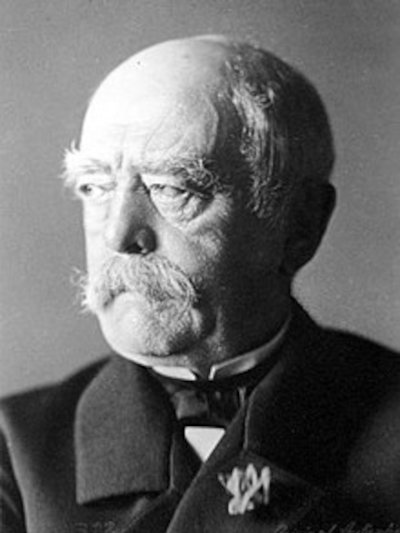
The "Iron Chancellor" was instrumental to forging the Second Reich and had a huge part to play in unifying disparate German states into the German Empire. Less than 50 years after he left his role as helm of state, Germany would ravage the Jewish world. But how was Bismarck himself?
Answer: Good (with perspective)
Compared to what came before and what would come after, he was pretty tame. He admitted he did have prejudices, "I confess that I am full of prejudices against Jews" and he abhorred Jews holding political power or office. But given that he was self-aware enough to see his own dislike, perhaps he gave him a sort of self-check that may have allowed for a fairness in his actions and policies.
Bismarck's doctor was Jewish, as was his personal banker which allowed him to finance a military buildup. When criticized for it, Bismarck responded that he was obligated to feel gratitude and valued the work of his Jewish employees.
In 1880, a petition to remove Jews from public posts and teaching positions arrived at Bismarck’s desk. He never acknowledged it. So, though he didn't do much to help Jews, he also didn't make it easy for those who wanted to attack them either. If the Third Reich had followed the lead of Bismarck’s Second, the Jews of the world would have been in a much better place.
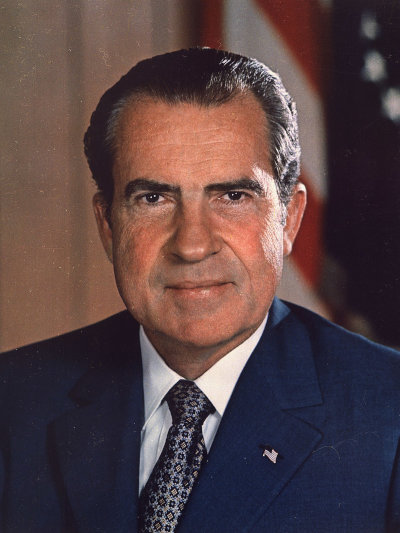
There are few presidents as controversial as Richard M. Nixon. “Tricky Dick” presided over the United States during the Vietnam War, the Civil Rights era, the moon landing, and of course, a scandal so infamous it would be compared to every political scandal to come after it. But did his decisions and policy help the Jews of the 60s and 70s? Or were they the subject of his famous ire?
Answer: Mixed bag
Nixon’s attitude towards the Jews is a little…tricky. On one hand, there is no shortage of comments and actions where he is clearly disparaging to Jews. Jewish employees of the Bureau of Labor Statistics were given background checks to root out the "Jewish Cabal." Similar complaints for Jewish employees who “overtopped” the IRS. The "rich Jews" of the democratic party found themselves the targets of special tax investigations. The list goes on.
But when it came to the Yom Kippur war, Nixon gave unflinching support to Israel. He is even quoted as saying, "Israel must be saved." His Department of Defense recommended not sending more than three Galaxy transport ships fearing Arab reaction. Nixon sent all 25 responding, "As for the Arabs, I'll have to pay the same political price for three as for 25."
Israel benefited from round the clock resupply operations and in the face of Soviet retaliation. According to Golda Meir, Nixon’s response was that "He was not about to give in to Soviet blackmail. It was, I think, a dangerous decision, a courageous decision, and a correct decision. Perhaps Nixon's executive actions could be regarded as politically motivated, but regardless of the spirit, in the time of desperate need, he was good for the Jews.”
So, while he was a menace to the Jews at home, he was a savior to the Jews abroad. Also, his right-hand man was Henry Kissinger. How antisemitic could he have been?
